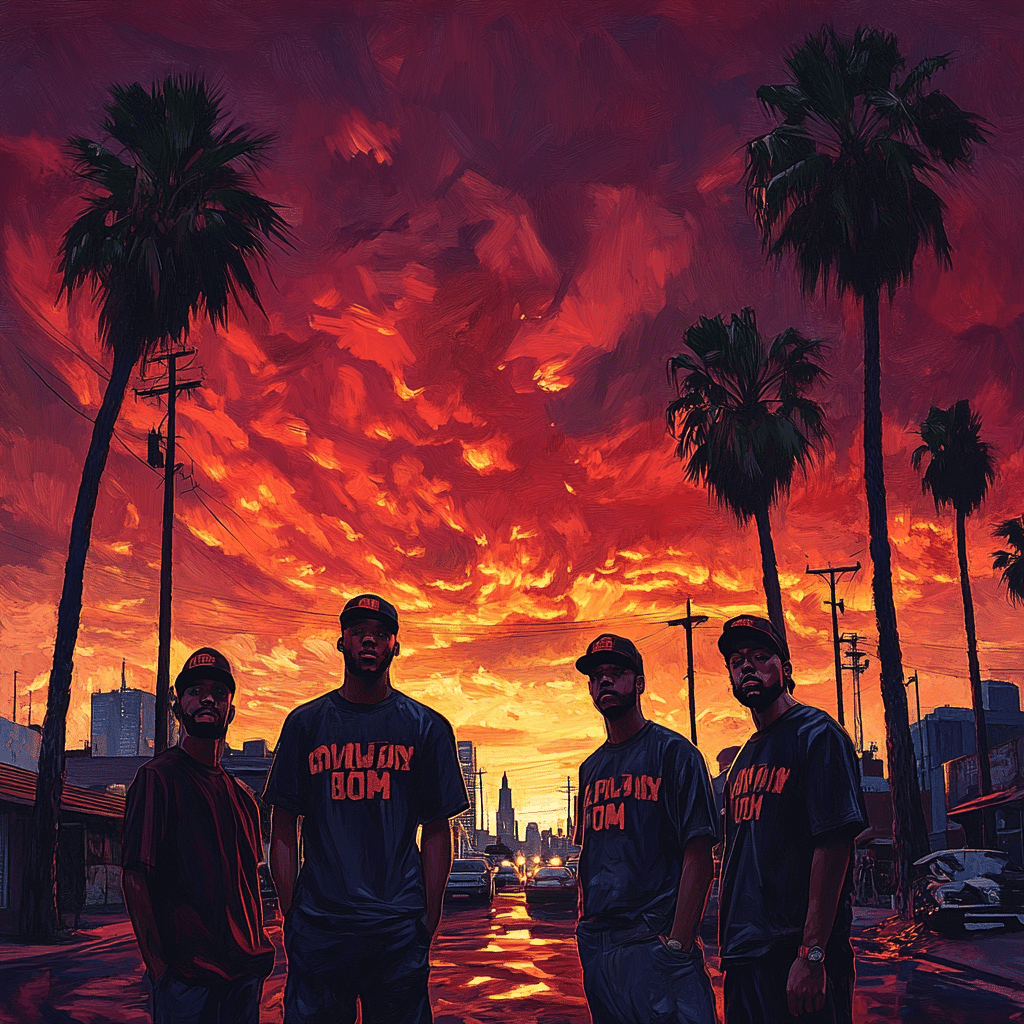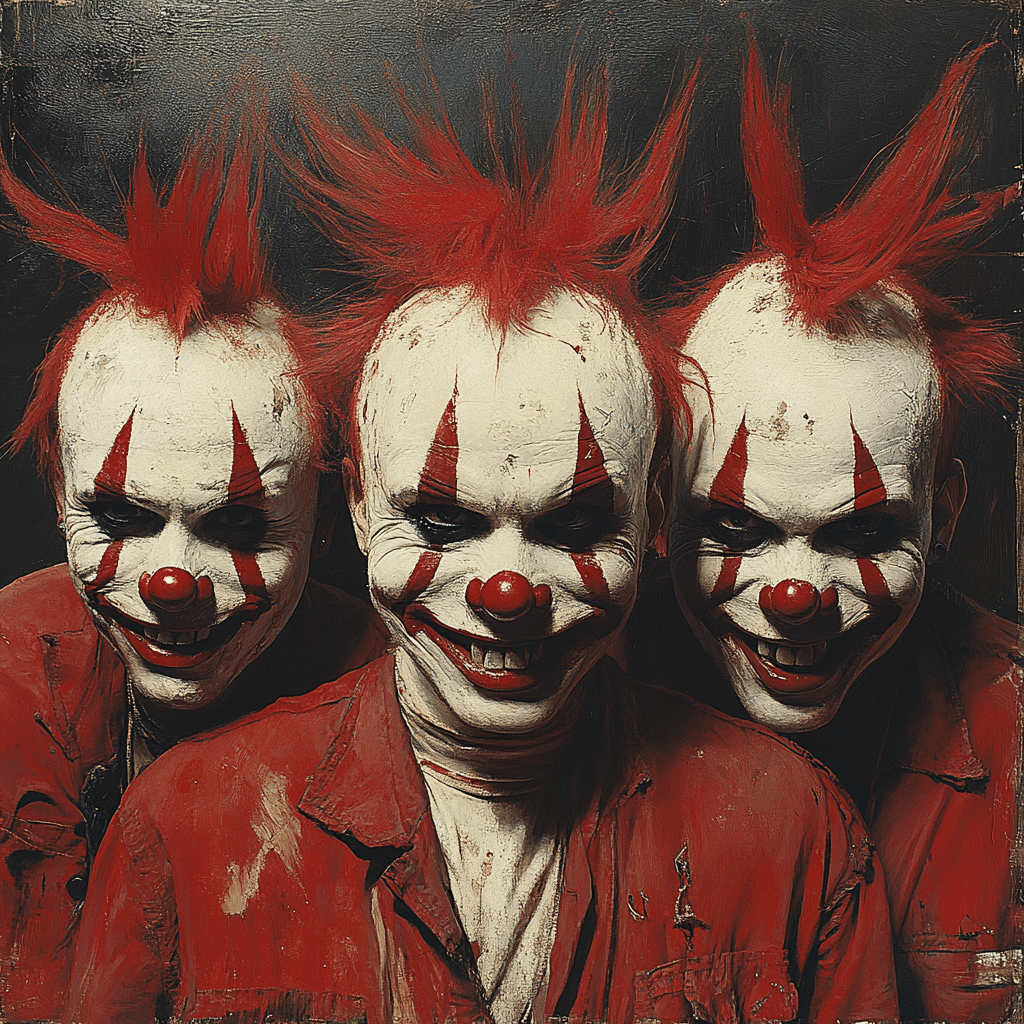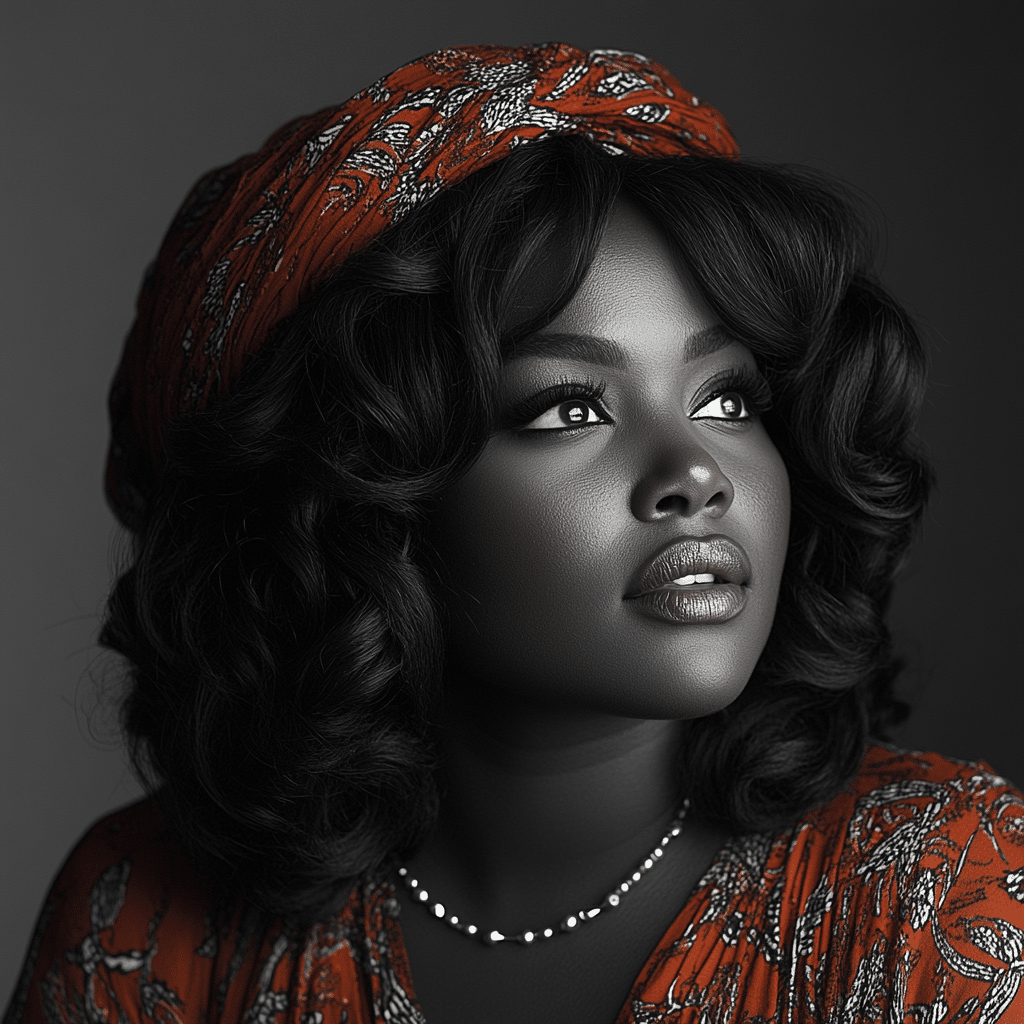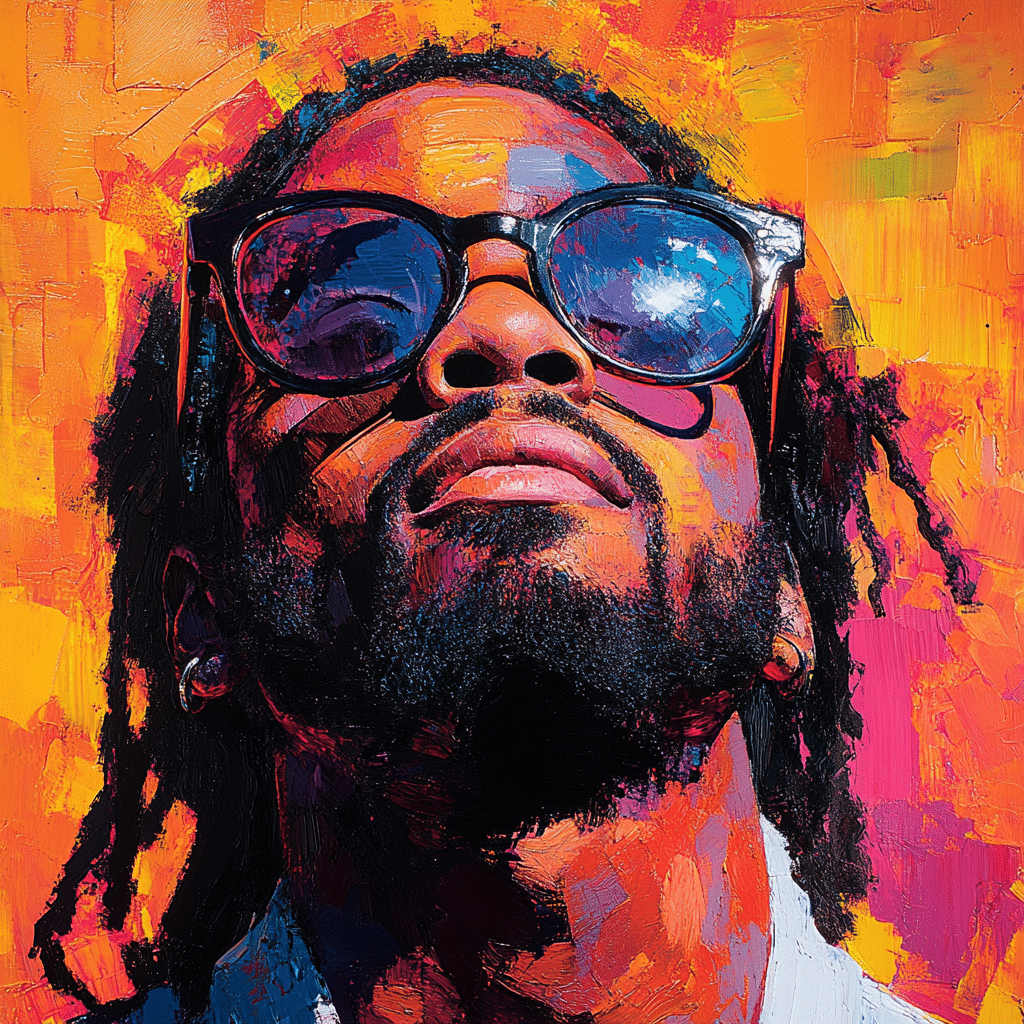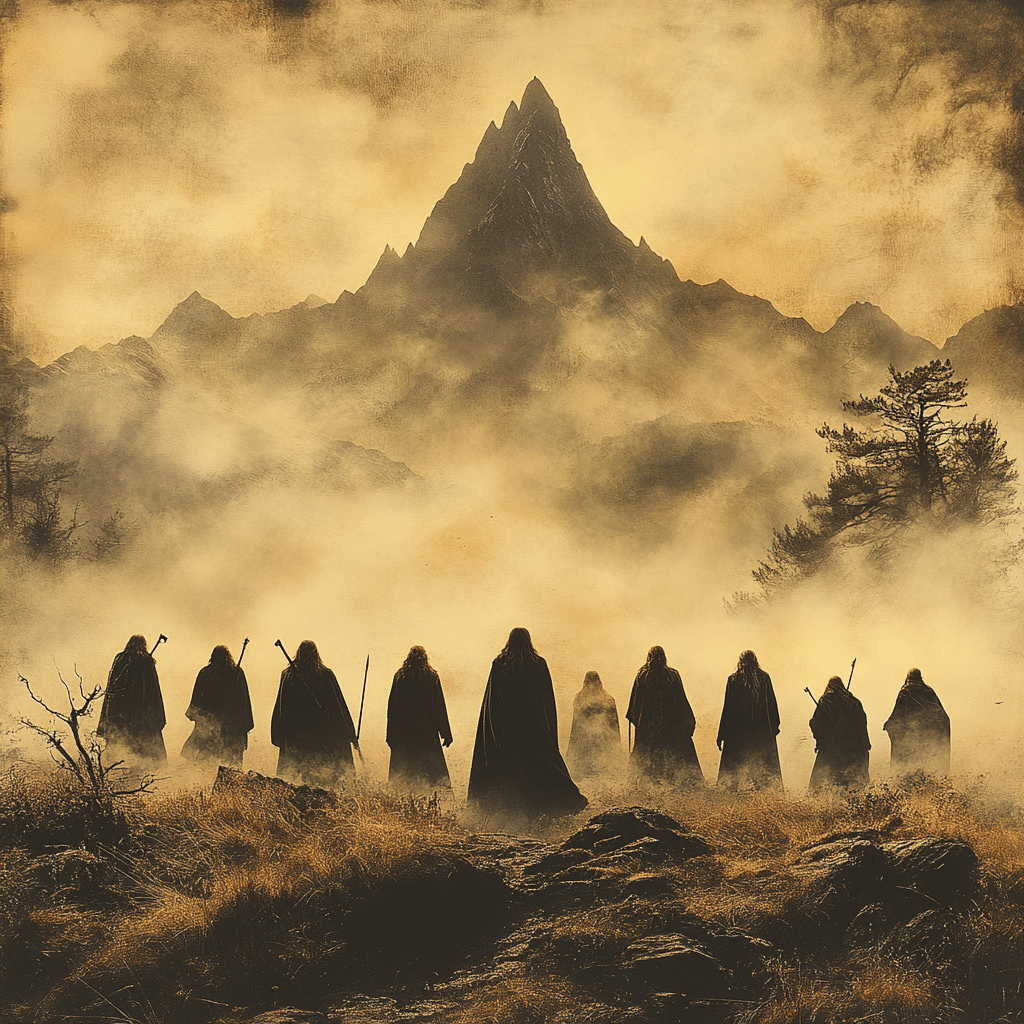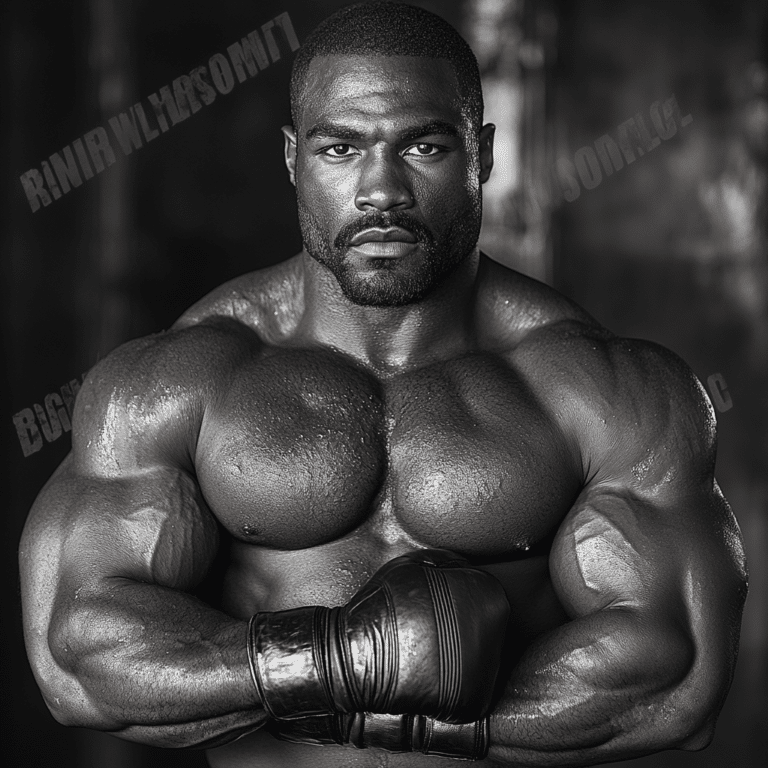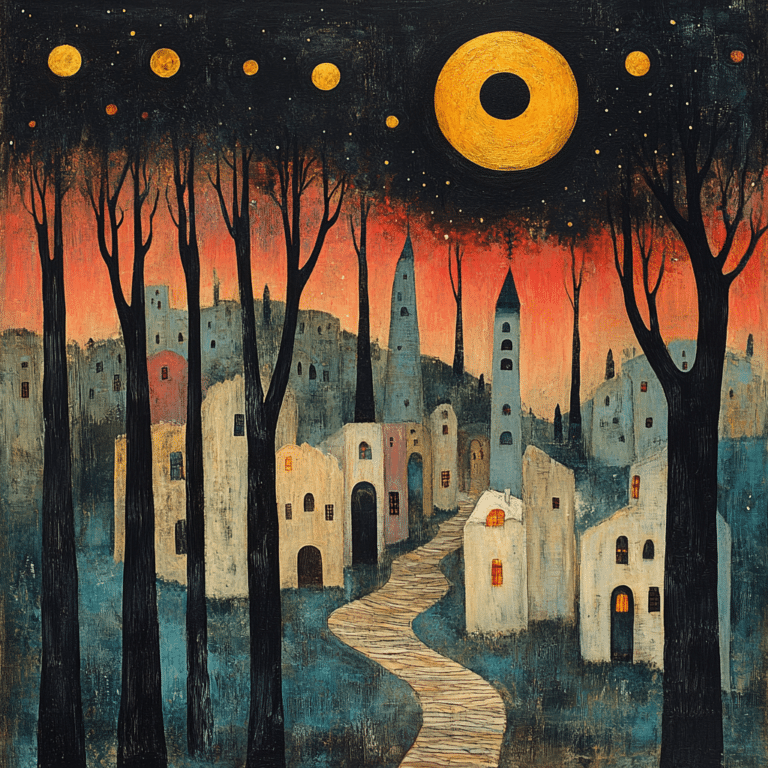The term “n word pass” has stirred up plenty of conversation both online and off. But what’s behind this controversial notion? It’s not just about a word; it taps into deeper issues of identity, ownership, and the colossal history of racial oppression. You see, the n word pass isn’t a straightforward ticket of permission—it’s a tangled web of cultural dynamics and personal experiences where language becomes a litmus test for racial sensitivity. It’s imperative to break this down to understand its full implications.

Understanding the N Word Pass: Origins and Implications
So, what exactly does this term mean? The n word pass generally applies to a practice where people, mainly those not part of the Black community, claim they can use the n-word. And boy, does it ignite debate! This phrase takes us beyond just words. It raises dozens of critical questions about who gets to say what. Language becomes a powerful tool, one that holds history and cultural significance—the very essence of long-standing social dynamics.
Think about it: language serves as a window into our identities and the systems of power at play. When someone who isn’t Black uses the n-word, it often feels like a slap in the face to those who have lived through its hurtful history. On the other hand, there are arguments about reclamation—how some in the Black community have taken back the word as a means of empowerment. The n word pass, therefore, is part of an ongoing dialogue about respect, history, and who should be the gatekeepers of language.
When digging deeper into these dynamics, it’s essential to remember that context is everything. Let’s take a jaunt down memory lane as we examine some notable instances where the n word pass has popped up in pop culture and beyond.

7 Notable Instances of the N Word Pass Across Culture and Media
In his Netflix special “Sticks and Stones,” comedian Dave Chappelle stirred the pot surrounding the n word pass. He made the case that context is essential when dealing with racially charged language. Chappelle’s commentary encourages viewers to consider if humor can act as a cushion in serious racial discussions or merely trivialize its weight. Can we laugh about a word embedded with such historical pain? That’s a question he provocatively raises.
During Black Lives Matter protests, discussions around language usage boomed, including the n word. Activists highlighted that language should mirror the Black experience while weighing in on who gets to use specific terms. This backlash prompted critical dialogues about cultural appropriation and identity expression—who’s to say what’s fair or unfair when it comes to language in such significant movements?
The ever-public Kardashian clan faced quite a backlash when their social media antics revealed instances of the n word’s use. Critics quickly pointed out that their actions might fall under cultural appropriation, leading to questions about accountability regarding a term that holds heavy significance. Can you even imagine the ripple effects of those comments on their fanbase?
There’s no denying that hip-hop culture has included the n word in its lexicon, often as a form of reappropriation. Artists like Jay-Z have openly discussed their intricate relationship with the word. However, when non-Black artists—cough, cough, Post Malone—pepper the word into their lyrics, the debates heat up. Do they get an n word pass? Or does that decision dig deeper into discussions on cultural appropriation?
Back in 2022, TikTok influencer Billie Eilish found herself under fire after an old video resurfaced showing her using the n word. Talk about a social media minefield! The uproar illustrated the reality of modern-day social repercussions. The age-old question resurfaced: who gets to use the n word pass, even in jest?
Memes like “the n word pass meme” have sprung up, simultaneously entertaining and inciting offense. These memes don’t just offer laughs; they also challenge traditional views on permission and context. Isn’t it fascinating how digital culture can complicate conversations surrounding race and entitlement? It offers yet another layer to an already multifaceted dialogue.
Scholars, including Dr. Adam Serwer and Dr. Robin DiAngelo, have dived into the concept of language as a lens for systemic racism. Their work argues that tossing the n word around casually can undermine the historical weight it carries. It showcases how discussions about language aren’t just casual chats but integral parts of a larger narrative on racial identities.
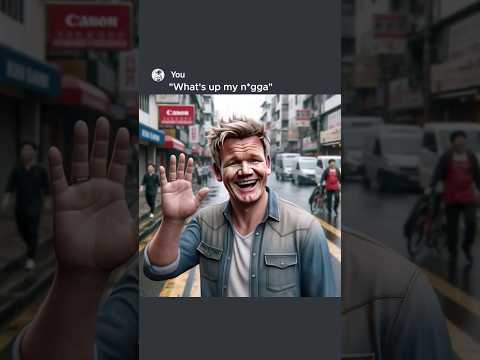
Navigating the Complexities of the N Word Pass
The n word pass serves as a conversational springboard for language ownership and identity. Questions inevitably arise about who gets to reclaim the word—or who should even want to. It’s a loaded topic, and it taps into profound histories of injustice and power dynamics. As the landscape of racial discourse continues to transform, expect the discussions surrounding the n word pass to evolve into even more nuanced and intricate dialogues.
Each perspective brings its complexity, illustrating the challenges communities face in reconciling their identities amidst ongoing debates. Society must come together to better understand these conversations about language usage. We owe it to ourselves to be part of these discussions—especially considering how our identities are shaped by the words we choose.

A Path Forward in Understanding Language and Identity
As we dive into 2024, navigating the landscape of the n word pass requires a careful examination of context, intent, and historical significance. Open-minded discussions pave the way toward understanding; they encourage respect for cultural histories while promoting empathy for those whose experiences shape this conversation.
None of this is as simple as it sounds. As a society, we’re standing at a junction where we can engage with the power of words and their implications. It’s about valuing identities and recognizing the weight that certain words carry. By fostering dialogues that educate rather than divide, we can inch closer to bridging cultural divides and growing a more informed society. In a time when communication is crucial, the n word pass and its discussions might not be easy, but they sure are necessary!
In the end, we’re all just trying to navigate this complex world together—one conversation at a time. So, as we reflect on the n word pass, let’s approach it with the empathy and understanding it deserves.
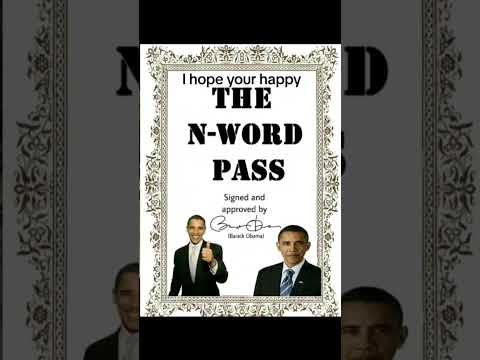
The N Word Pass: A Controversial Symbol of Identity and Debate
Understanding the “N Word Pass”
The “n word pass” is a hot topic that continues to spark conversations about race and identity. Some claim it as a way to reclaim a term steeped in historical pain, while others see it as a divisive tool that perpetuates conflict. Interestingly, the term has even found a place in pop culture, often appearing in rap lyrics and social media memes. It’s crucial to understand that its usage can differ vastly depending on context and audience. For instance, did you know that the concept became particularly popular around 2015? That’s only How many years ago Was 2015? Just a quick math nugget for you: it’s a little over eight years back!
The Cultural Divide
When discussions arise about the “n word pass,” they tend to highlight a cultural divide that can be pretty intense. Some believe that providing a “pass” to non-Black individuals diminishes the historical struggles of African Americans. This tension often parallels stories in current events—like the recent discussions around Angel Cabrera, who has faced backlash for controversial remarks. Such moments emphasize the importance of sensitivity when engaging in racial discussions. In light of this, many folks find themselves questioning how to navigate these waters effectively. One great approach? Keeping an open mind and listening closely to diverse perspectives.
Symbolism and Modern Implications
The “n word pass” isn’t just a term—it’s laden with symbolism representing a larger dialogue about race and privilege. Some see it as a moment to engage in difficult conversations, while others worry about its implications spreading misunderstandings. In a sense, it mirrors themes found in the film industry, like in Never Back down Never What, where characters often grapple with their identities. Additionally, conversations also crop up around societal norms, much like the appreciation of National husband Day, showcasing how varied celebration and acceptance can be across cultures. This ongoing debate asks us to reflect on our values and how we convey them in our communities.
As we engage with the idea of the “n word pass,” it’s essential to move forward thoughtfully. Cultural understanding is a continuous journey, not a destination. Just like lessons from Lanier Tech highlight, education is key to fostering meaningful dialogues. At the end of the day, we can each contribute to a more empathetic world, whether by discussing historical contexts or simply sharing our reactions, akin to My reaction To That information. After all, having conversations about these complex issues might just help us shine a light on our collective understanding and progress.


